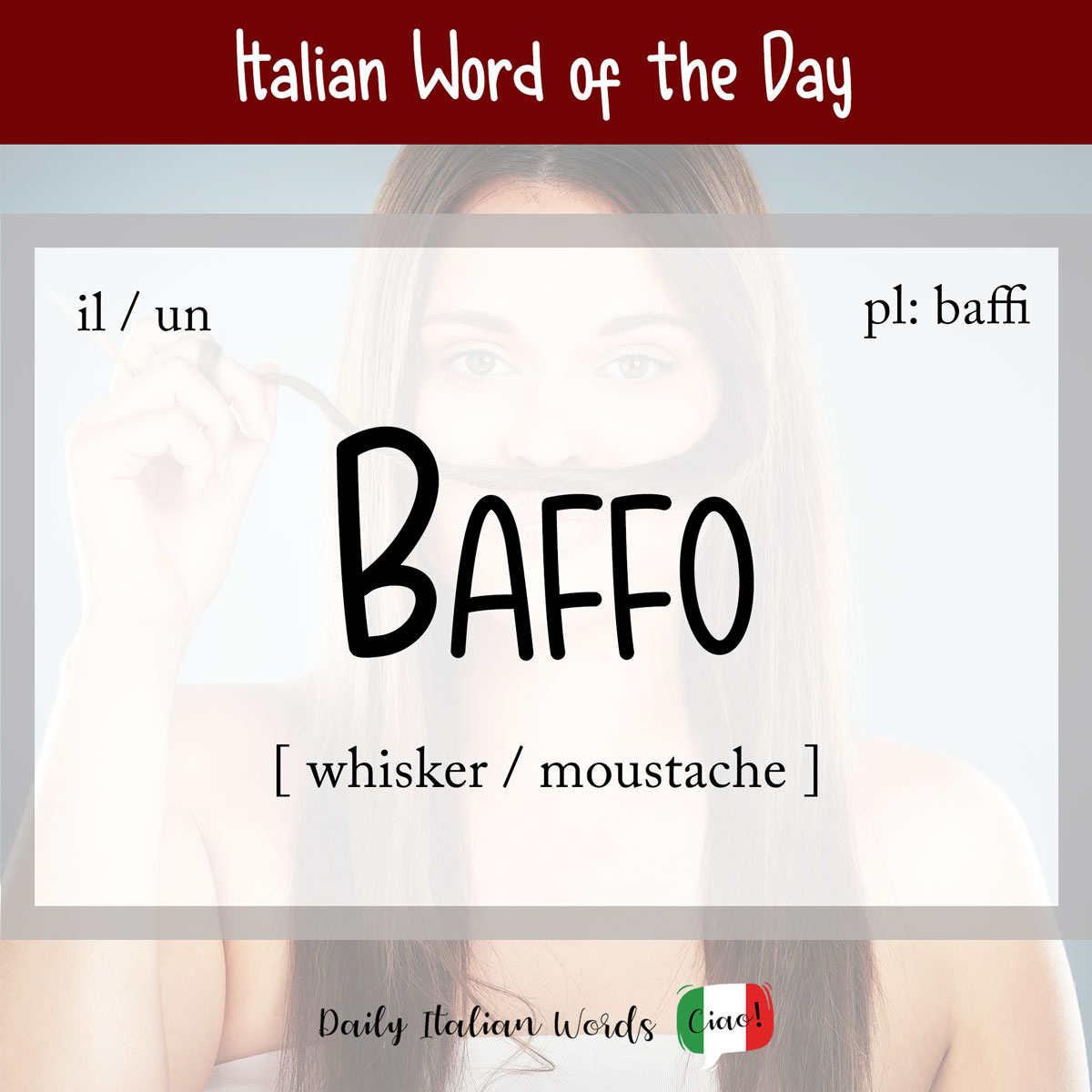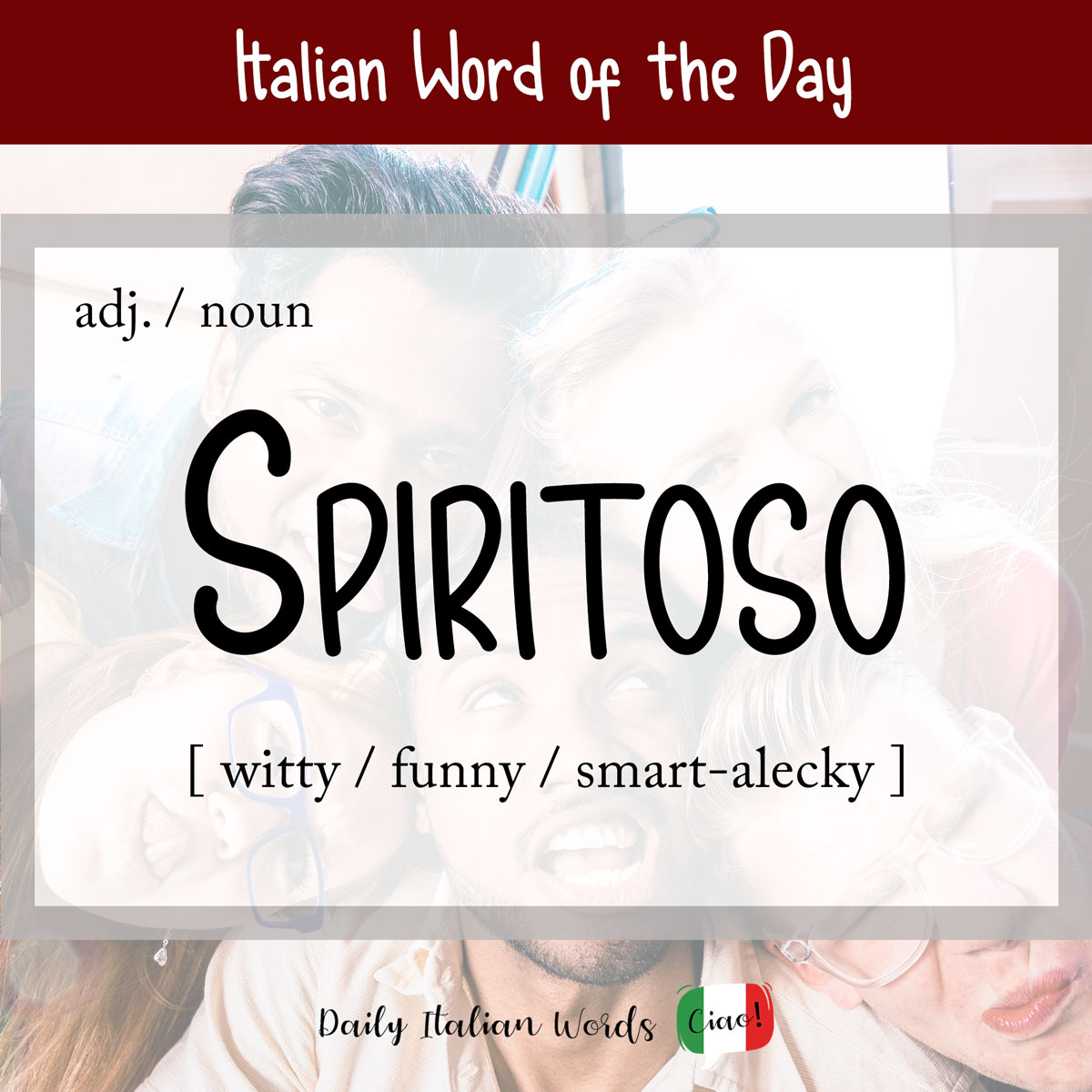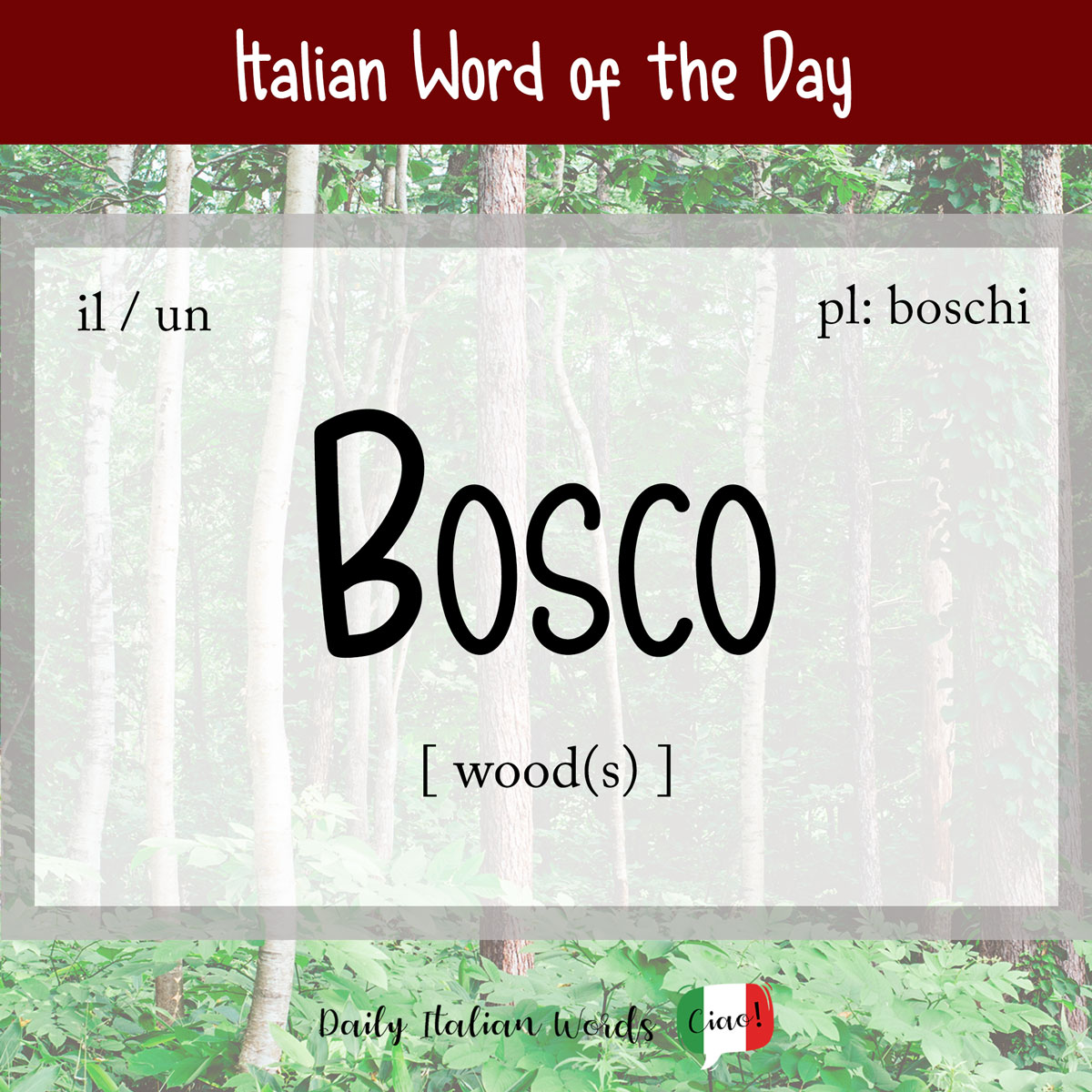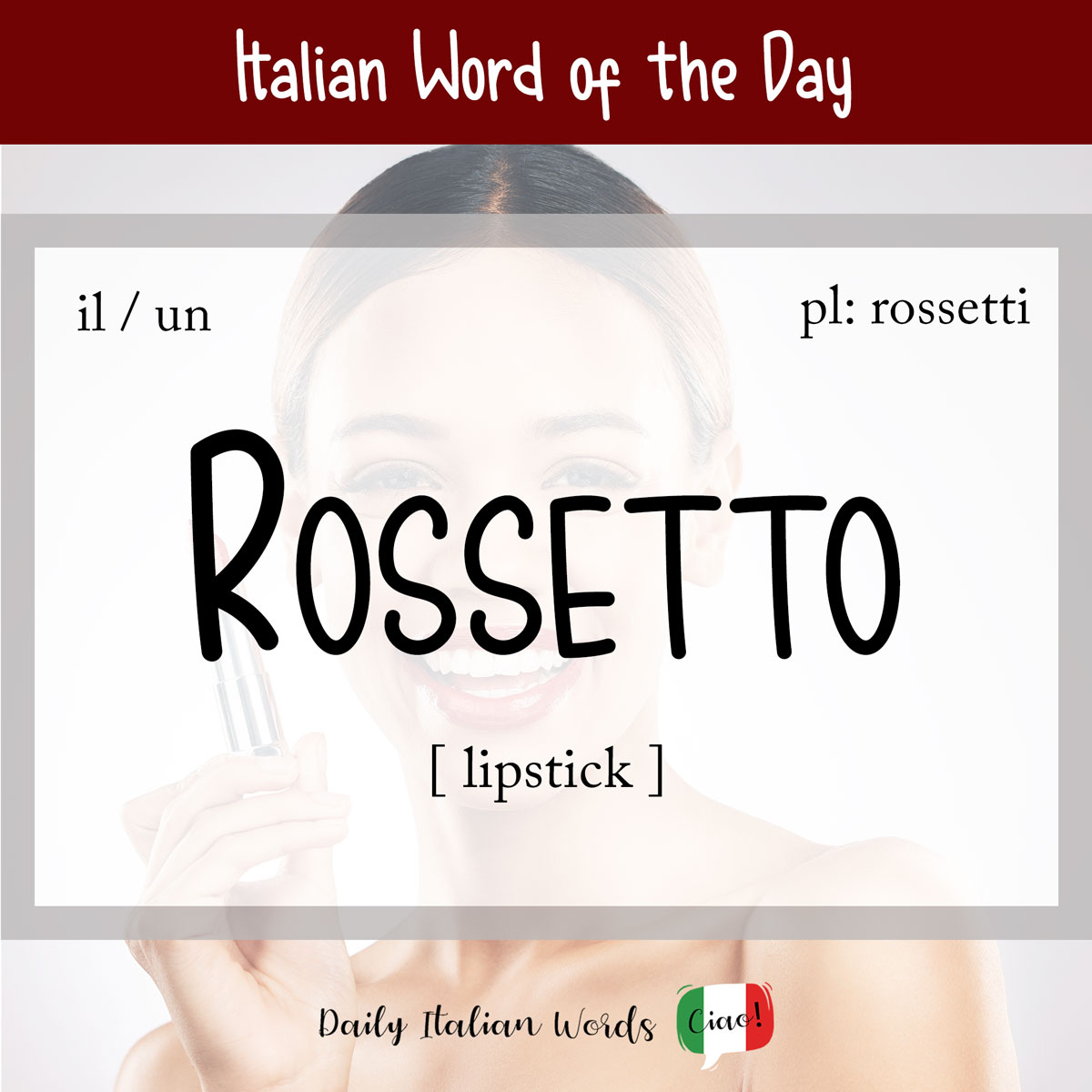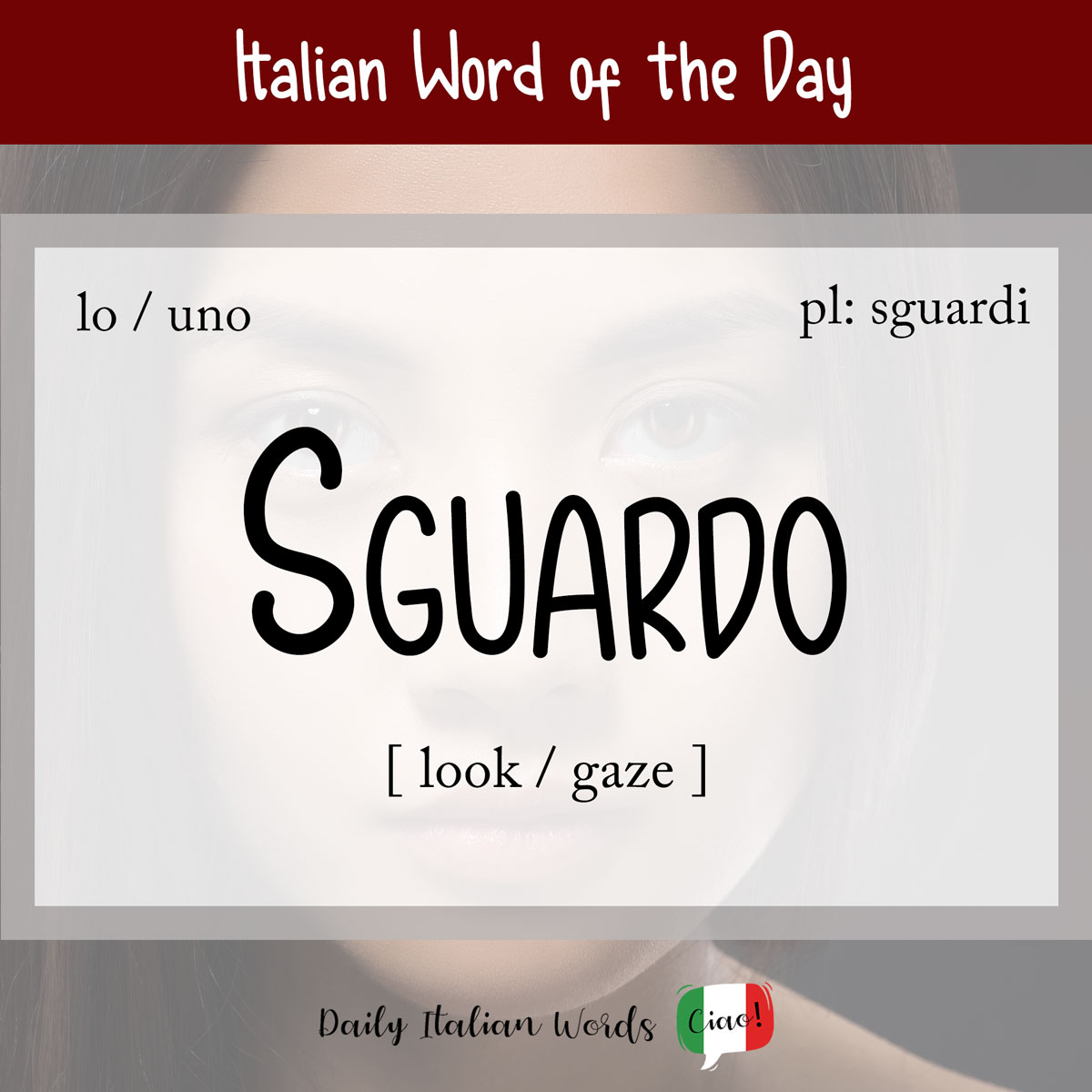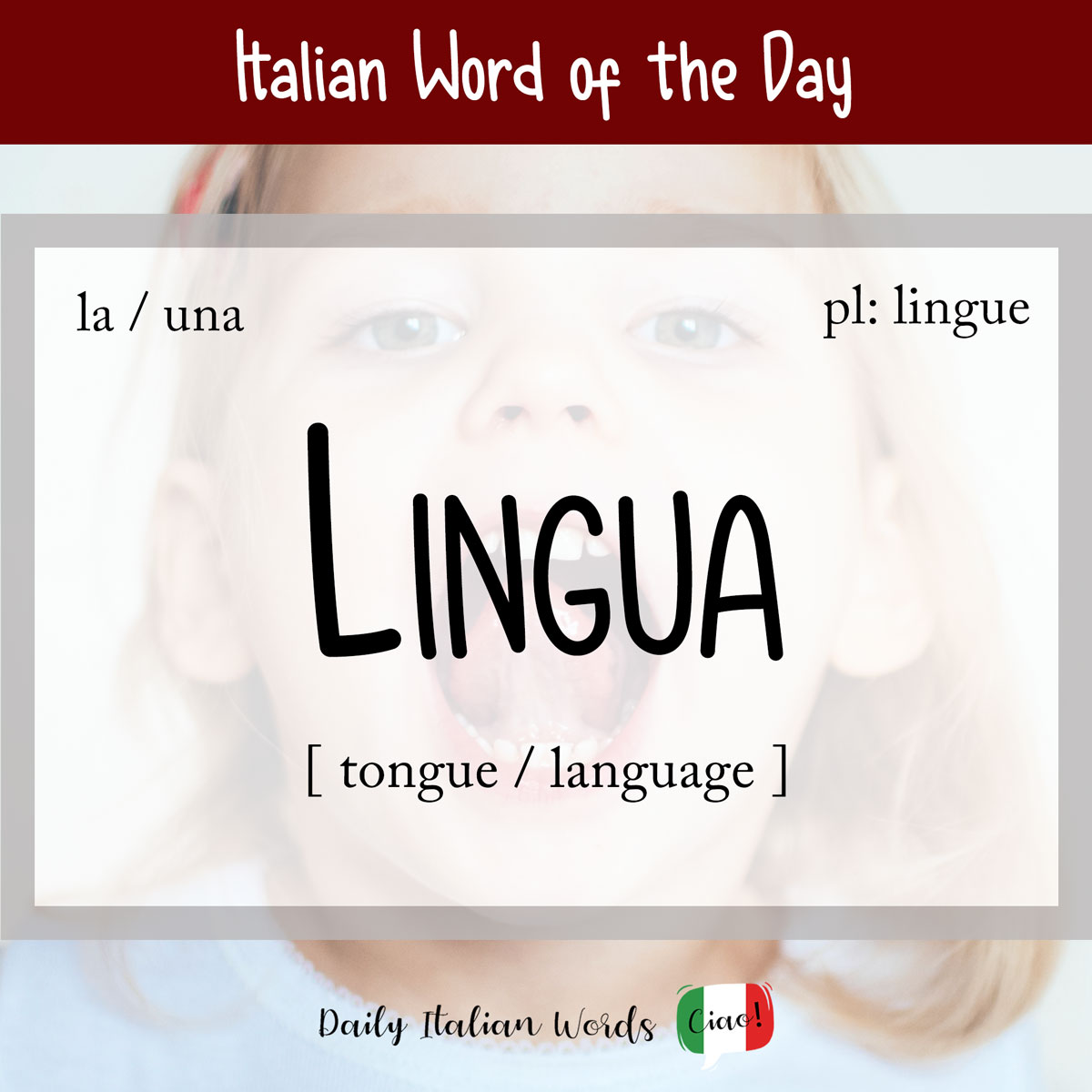Italian Word of the Day: Baffo (whisker / moustache)
When I first met my husband, he had a distinctive moustache and goatee, but since we had our son, he’s chosen to go clean-shaven. Honestly, I can’t say which look I prefer! In Italian, the word for moustache (or mustache) is the plural form of baffo, which is baffi. Baffo on its own refers to …

